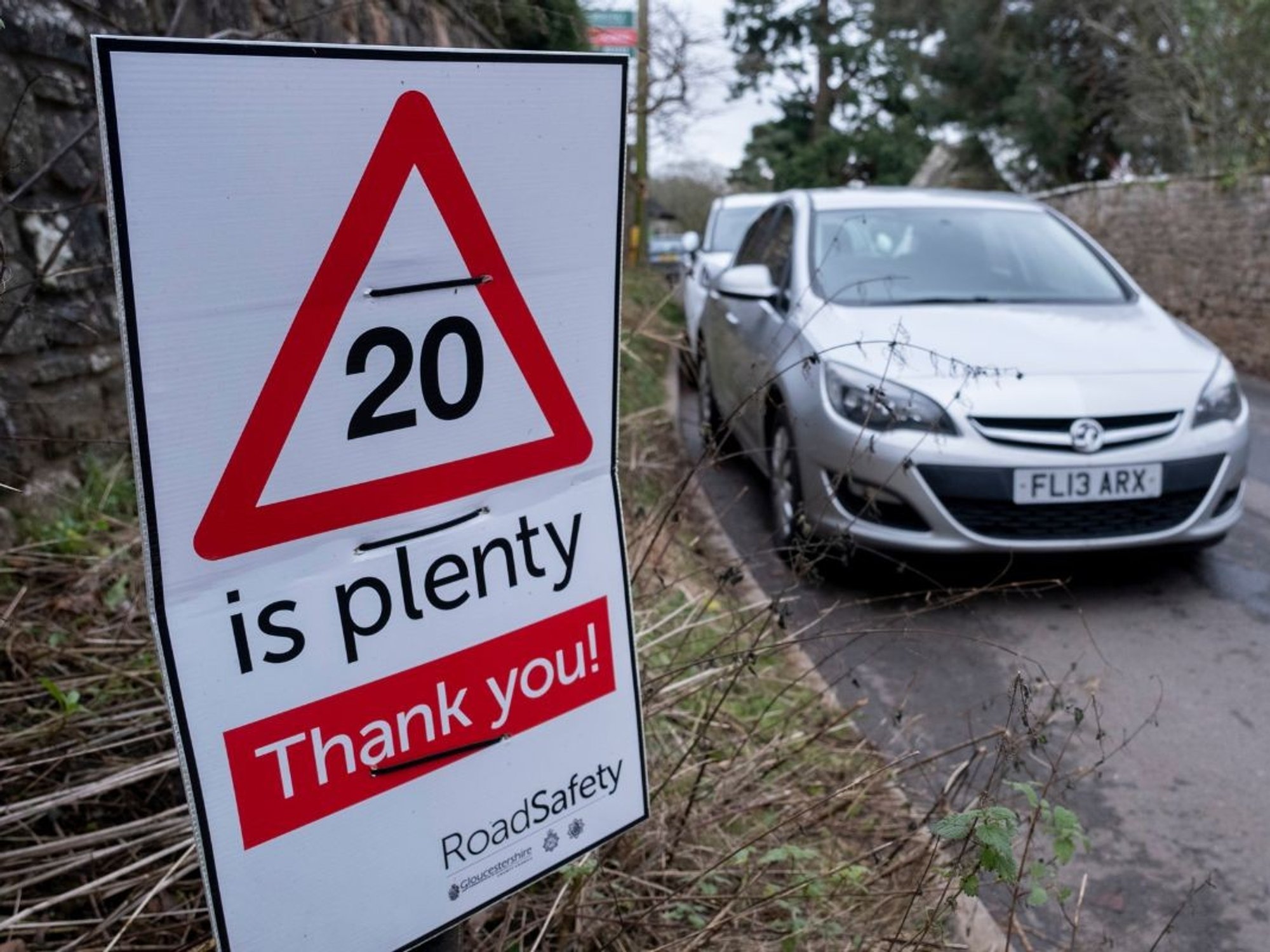Electric car drivers keep a second petrol or diesel vehicle over fears that EVs can't handle long distances

For longer trips over 60 miles, drivers have more trust in fuel-powered cars
Don't Miss
Most Read
Over half of electric car drivers have a second vehicle powered by petrol or diesel for long-haul travel as they remain unsure of the durability of an EV.
While confidence in EVs seems to primarily be for short trips consisting of less than 30 miles, drivers remain cautious when deciding to travel long distance.
A majority (73 per cent) of drivers revealed that have no plans to get rid of their fuel-powered vehicles and go fully electric any time soon.
For longer trips over 60 miles, drivers have more trust in internal combustion engine cars, with the public citing concerns over reliable charging points and range anxiety as the main reasons.
Do you have a story you'd like to share? Get in touch by emailing motoring@gbnews.uk

For longer trips over 60 miles, drivers have more trust in fuel-based cars
|GETTY/PA
Tim Buchan, CEO of Zenith, which conducted the research, said: “It’s not surprising that the latest intake of EV drivers are coming to the EV world with less confidence than the first generation of adoptees.
“It’s clear from our research that there’s still anxiety about travelling longer distances, so while it’s great to see so many drivers starting their EV journey with larger SUV models, typically ‘family’ cars, there remains a reluctance to becoming a fully electric household.”
The survey, which polled nearly 2,800 of Zenith’s customers on their experience of driving an electric vehicle, showed that despite caution, 86 per cent would not turn away from their electric vehicle and would still choose one over a petrol or diesel vehicle.
With the UK set to ban new petrol and diesel cars from 2035, making the switch could be vital for drivers, with research finding it could be a cheaper transition sooner rather than later.
The price of petrol continues to rise this year with late January recording a 4p increase from last year.
During the period, unleaded rose by 3.2p to 143.4p between the end of January to February 18. Diesel prices jumped from 148p to 152p in the same period.
Over half of respondents said they planned more of their journeys before travelling with 46 per cent charging their vehicle at home rather than at public stations.
Zenith added: “Since our first EVX report in February 2023, we’ve seen a five-year delay to the 2030 deadline.
“Motorway ultra-rapid charging targets being missed, and increased misinformation about the EV driving experience.
“We know EVs are the future of mobility, so we hope more work is done on providing certainty, starting with the Government confirming its commitment to net zero with measures that support drivers to make the transition, and additional investment in our charging infrastructure, so it has a chance to catch up with consumer needs.”
Since January 2023, 17,450 charge points have been added to the UK network, a growth of 46 per cent taking the total to 55,301.
LATEST DEVELOPMENTS:

Motorists remain hesitant to make longer journeys with their EV
|PA
The Government set out extensive plans to reach its net zero goals including requiring 80 per cent of new cars and 70 per cent of new vans sold in the UK to be zero emission by 2030.











